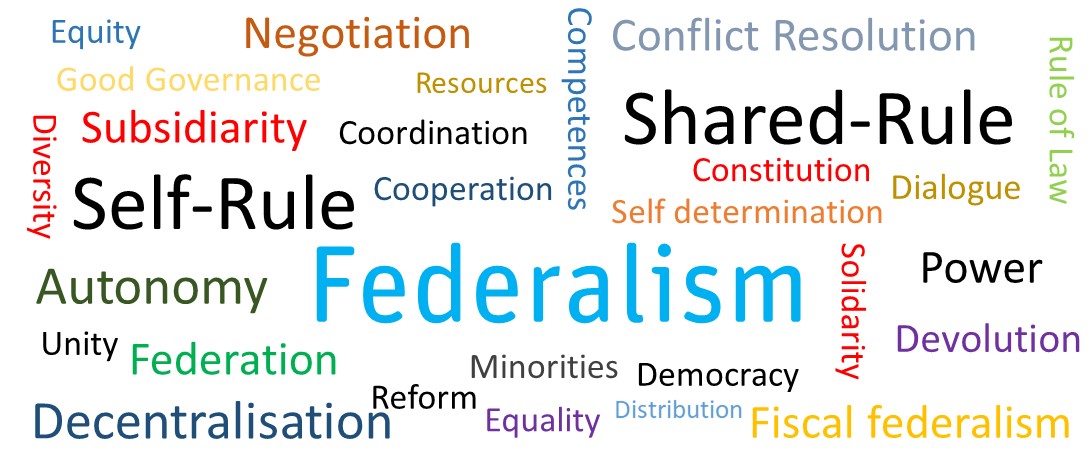Abstract
With the purpose of projecting México towards the field of international federal comparisons, this text originates from the question: Which factors of federal corporatization are found in the Mexican case? It is important to highlight that the 19th century signified an era of “radical federalism” for México. By contrast, two later phases of federal corporatization have developed, between 1930 and 2000, and after 2018. The stage from 2000 to 2018 was described as a conjunctural federal resurgence, due to the partisan alternation, the growth of decentralized spending and the discussion of specific policies in horizontal forums. With the resurgence of Mexican corporatization, two factors, with different levels of importance, can be confirmed: 1) the hegemonical party, and 2) the constitutional coding of Intergovernmental Relations. However, the 2000-2018 period threw Urban Development to the national-subnational competition. Equally, the collective and individual initiatives of the subnational governments may be understood as federal safeguards.


